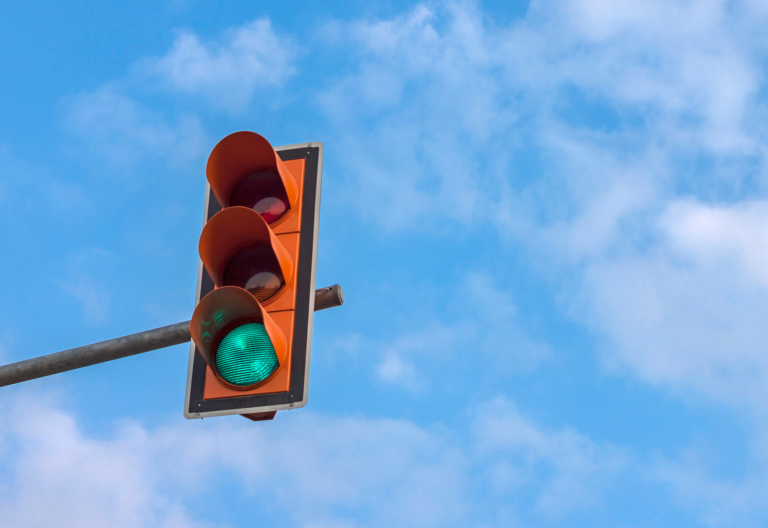As we noted in our summary of the big Cannabis Control Board meeting on May 11, 2023, one significant revision to the New York adult-use rules and regulations was the creation of the “provisional license.” This mechanism allows applicant to be provisionally licensed without having secured real estate prior to submitting an application. Provisional licensing is a major development given that the original language of the Marijuana Regulation and Taxation Act (MRTA) and the first set of the adult-use rules and regulations both required applicants to secure real estate prior to applying.
First things first: it is difficult to overstate the magnitude of this change. As we noted in an early post, post-MRTA, location is one of the most important considerations for applicants:
“For those on the production side (cultivators, processors, and distributors), finding suitable real estate at the right price is critical to being able to operate a successful business. For retail applicants (including on-site consumption applicants), identifying and securing the right space in the right area may be the difference between financial success and failure. As we like to say in New York: location, location, location.”
Allowing for provisional licensure before securing real estate removes a significant pre-licensure financial obligations for applicants given that landlords have required rent to commence before licensure (i.e. operations, i.e. revenue), for obvious financial reasons.
With that said, the ability to apply without real estate secured, particularly for retail dispensary applicants, is a practical quagmire that all applicants should be wary of. Why? Because of the 1,000/2,000 foot radius rules for proximity with respect to any other retail dispensary.
The revised adult-use rules and regulations allow applying for a provisional license, but still permit any applicant to secure real estate in advance, whereby licensure would not be “provisional.” Thus, if two applicants apply for a retail dispensary license, one with real estate and one without, the provisional licensee will be blocked from securing real estate within 1,000 (or 2,000 feet, as applicable) of the non-provisional licensee.
CAURD licensees are already running into issues where restrictive zoning laws passed by municipalities are making it incredibly difficult to find compliant real estate. In New York City, 1,000 feet translates to about 4 blocks (streets, not avenues!). After accounting for schools and houses of worship, the pool of available retail locations starts to shrink really quickly (especially after CAURD licensees get settled in).
Long story short, provisional licenses may not be the panacea they appear to be. For anyone considering applying for an adult-use license (particularly a real estate dispensary license), we recommend giving serious consideration to securing real estate prior to applying. After all, what good is a retail dispensary license when you can’t find a location in which to operate?
Stay tuned for more on New York’s revised adult-use rules and regulations!
